‘It’s never been more urgent to eliminate nuclear weapons’
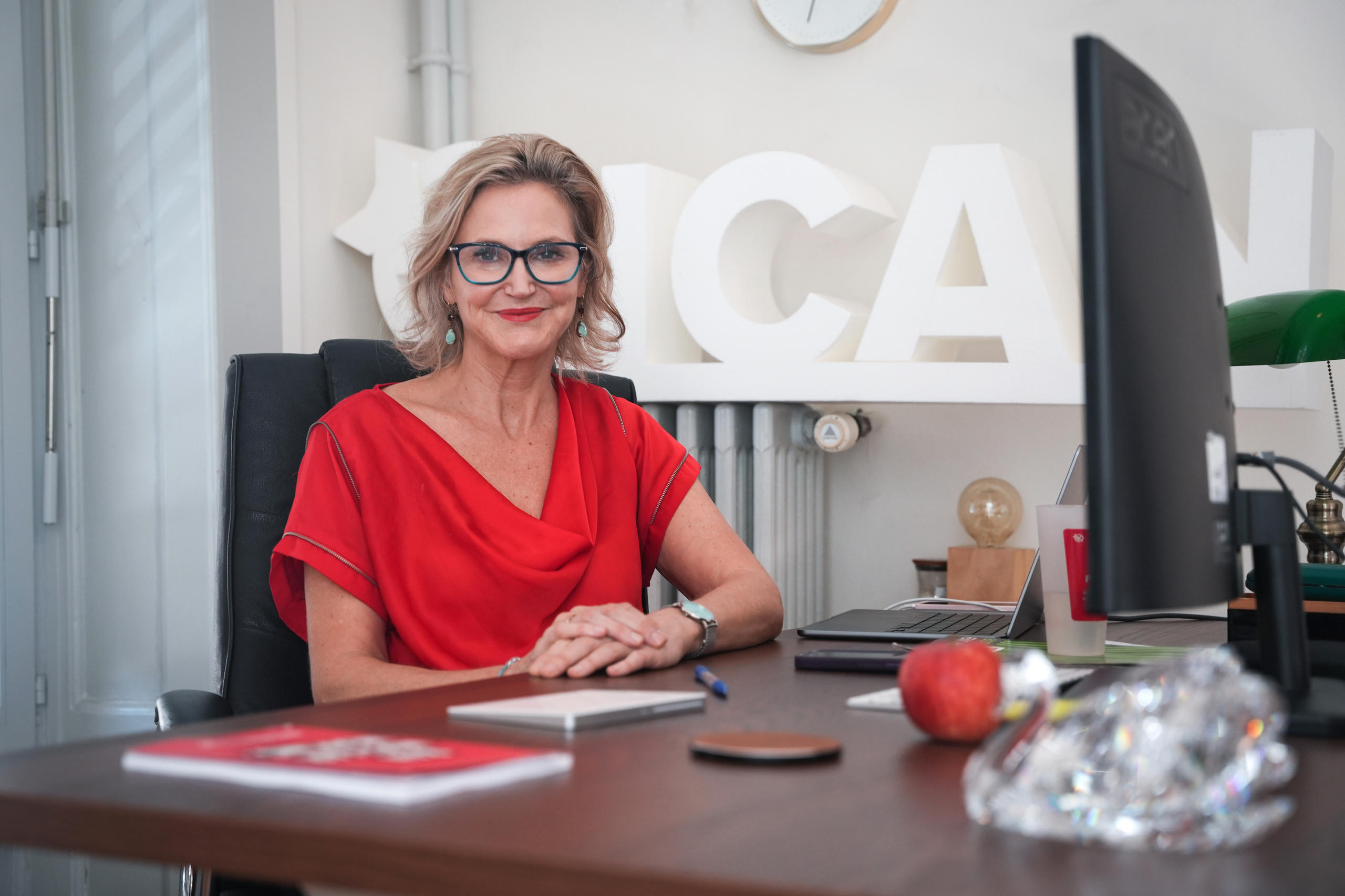
Six years have passed since ICAN (International Campaign to Abolish Nuclear Weapons) received the Nobel Peace Prize. Recent growing nuclear threats from Russia are making the journey towards a nuclear-free world more challenging than ever. In an exclusive interview with SWI swissinfo.ch, Melissa Parke, ICAN’s new Executive Director, speaks of the outstanding challenges to achieving a future free of nuclear weapons.
In September Melissa Parke, moved to Geneva from Australia, to head ICAN (International Campaign to Abolish Nuclear Weapons). One of her first missions is to urge heads of state, foreign ministers and other representatives at the United Nations General Assembly held in New York late September, to join the Nuclear Weapons ban Treaty.
The Treaty on the Prohibition of Nuclear Weapons was launched in 2017 with the aim to ban nuclear weapons entirely ICAN received the Nobel Peace prize that same year for drawing attention to the catastrophic humanitarian consequences of any use of nuclear weapons.
Since, out of 197 eligible states, 97 states have taken steps to join the treaty and 69 ratified, less than half of the world’s total.
And there are no signs that the States which possess nuclear weapons (the United States, Russia, the United Kingdom, France, China, India, Pakistan, Israel and North Korea) will give them up for their own security. The countries relying on a nuclear umbrella, a guarantee by a nuclear weapons state to defend a non-nuclear allied state, have also shown little signs they are ready to ratify the Treaty.
Today, more than 12,500 nuclear weapons remain. Of these, the United States possesses 5244 and Russia holds 5886.
In one of her first interviews to the media, Parke talks about the dangers of the geopolitical situation today and why the world needs to rid itself of nuclear weapons.
SWI swissinfo.ch: How do you perceive the current global security landscape?
Melissa Parke: I think at a time of increased tensions and conflict, it’s never been more important or urgent to eliminate nuclear weapons. The treaty on the Prohibition of Nuclear Weapons provides a pathway to their elimination. What we’re seeing at the moment is a ramping up of tensions, an escalation of militarisation, a modernisation and expansion of nuclear arsenals. What we really need, is more diplomacy, enhanced negotiations, and de-escalation. The treaty provides a pathway to that.
SWI: Has the war in Ukraine rendered the path towards a nuclear-free world more difficult?
M.P: Yes, indeed. There are heightened tensions around now, and we’re seeing nuclear weapons being used to coerce and intimidate, not to keep the peace. So, I believe it’s a fallacy that nuclear weapons make the world safer. They make the world infinitely more dangerous because, as long as they exist, there is a chance they will be used. We know that any use will have catastrophic humanitarian and environmental consequences.
SWI: How are new technologies impacting nuclear weapons and how do they affect discussions and negotiations on the Non-Proliferation Treaty?
M.P: You’ve got so many more risks now. We saw during the previous decades many incidents involving nuclear weapons, where any one of those could have resulted in a full-blown nuclear war. So, there have been lots of accidents, miscalculations, and misunderstandings. In addition, there are additional threats coming from unhinged leaders, terrorist groups, and cyber-attacks. The arrival of artificial intelligence also questions whether machines will be making decisions to use nuclear weapons. It is a much more dangerous environment, even more so than during the Cold War. That’s why discussions and negotiations around the Non-Proliferation Treaty are completely stalled.
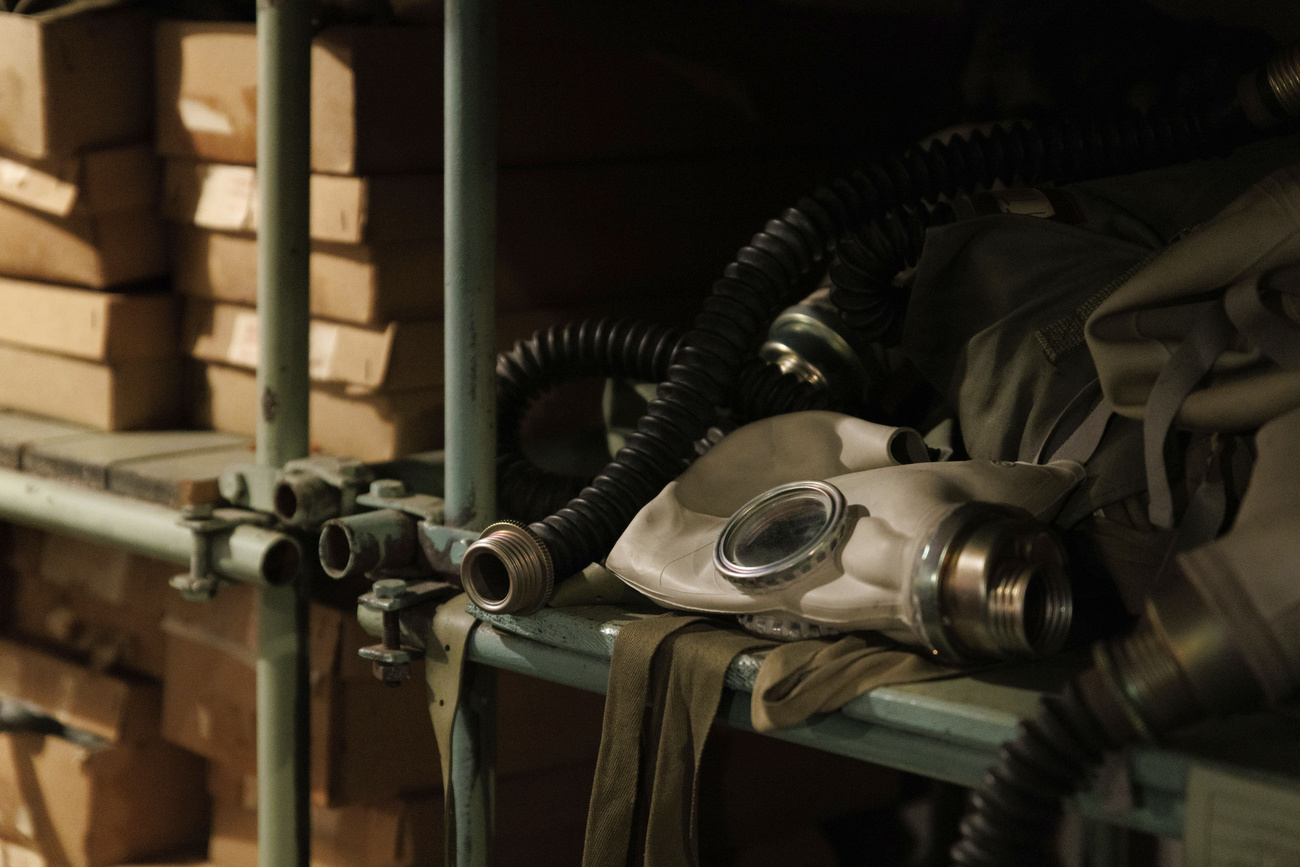
More
How Switzerland is preparing for nuclear escalation
SWI: Giving the complexity of the current situation, how do you approach getting support for the nuclear ban treaty?
M.P: Obviously, we’re advocating as many countries as possible to participate as observers and to sign onto the treaty as soon as possible. We encourage all the countries that haven’t signed it, particularly umbrella states, like Japan or Australia, whose Prime minister or the government is supportive to nuclear disarmament. States like Brazil and Indonesia are in the process of ratification, and we are in communication with their governments. There are many other countries on the verge of signing or ratifying as well.
SWI: What are the obstacles for countries to ratifying the treaty?
M.P: The Brazilian government needs to go through Congress (its legislative body) for the ratification process, which takes time. The Indonesian process has just begun. In Switzerland, it has support of the majority of public opinion, but it’s a matter of when. Japan, having been the victim of the only deployment of nuclear weapons in Hiroshima and Nagasaki, has every incentive to work towards the complete prohibition of weapons to ensure that such as these events never happen again. Relying on nuclear weapons as part of a defense policy doesn’t make sense. Countries like New Zealand, the Philippines, and Thailand have strong military relationships with the United States and have already signed the treaty. We’re hopeful that Australia and Japan could look to these examples and realise that it is possible to maintain security without nuclear weapons.
Regarding NATO and the UN Security Council’s permanent members, all of whom agreed last year that a nuclear war can never be won, and the only way to ensure that is through the Treaty of Prohibition.
SWI: What inspired you to dedicate your life to focus on the banning of nuclear weapons, and how has your upbringing and experiences shaped your commitment to this cause?
M.P: I’ve been fighting against injustice my whole life, and to my mind, there is no greater injustice against humanity than nuclear weapons. I was raised on a farm in Western Australia where we grew fruit, including a lot of Nashi pears that were sent to Japan, the only country to have been attacked with nuclear weapons. My family has always been deeply concerned about social justice issues including nuclear disarmament and environmental concerns. In the 1990s, I was involved in in opposing a nuclear waste dump in Western Australia.
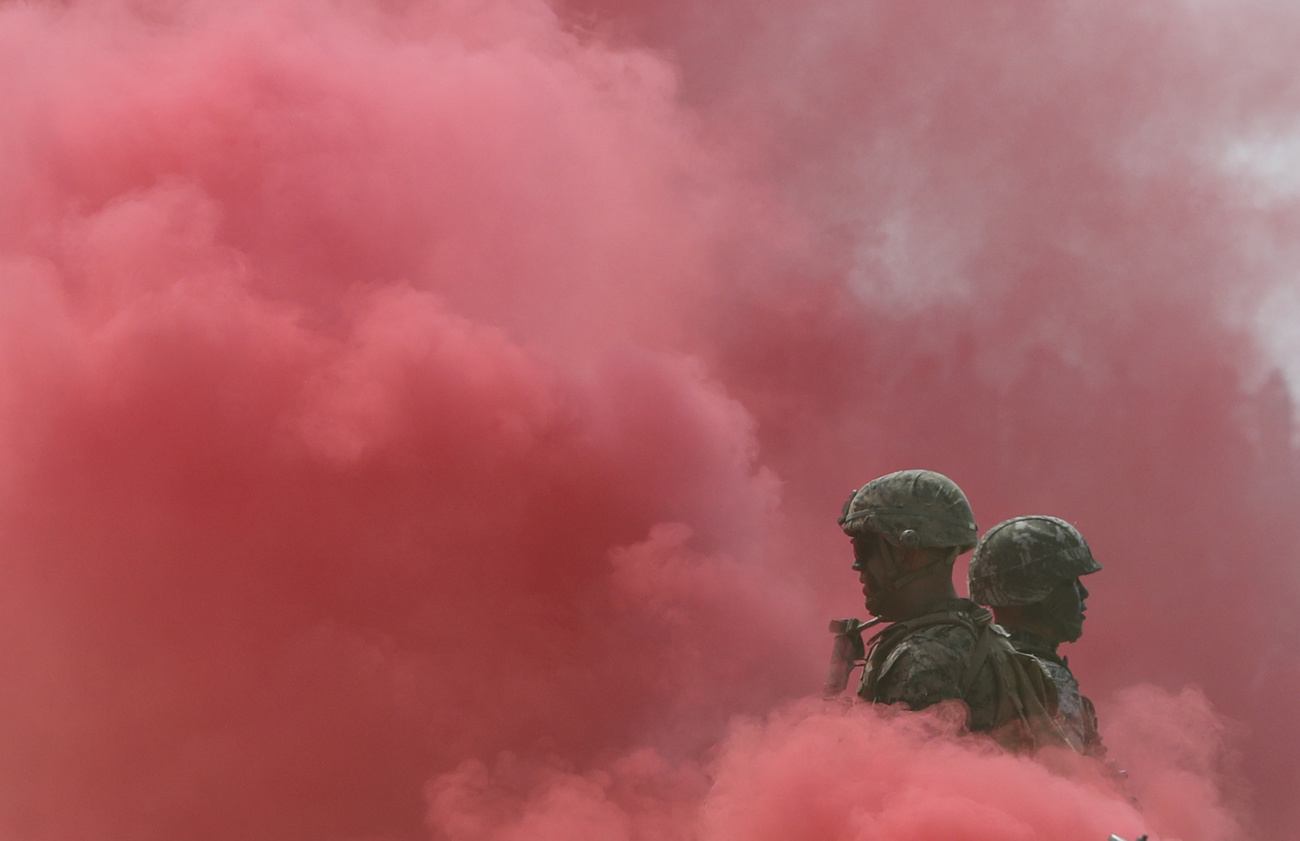
More
Explainer: What would a nuclear war look like?
Then, in my work with the United Nations, I saw firsthand the impact of war and the consequences of weapons like landmines and cluster munitions in Kosovo, Yemen, Gaza and elsewhere. I will never forget attending a Hiroshima commemoration ceremony in August 2002 in Gaza, where hundreds of Palestinian children floated handmade paper boats with candles, despite facing regular bombings themselves.
In the Australian parliament, I was inspired by a former Australian Labor government minister, Tom Uren, who had been a prisoner of war in Japan near Nagasaki when the bomb was dropped. He dedicated his life to nuclear disarmament. He was also the political mentor of the current Australian Prime Minister, who shares this commitment. Australia, like Japan, faces unique challenges due to strong alliances with nuclear-armed states, the US, and the big umbrella states.
After leaving Parliament, I continued my interest in these crucial issues, eagerly joining the civil society movement to abolish weapons of mass destruction.
Edited by Virginie Mangin
More

In compliance with the JTI standards
More: SWI swissinfo.ch certified by the Journalism Trust Initiative
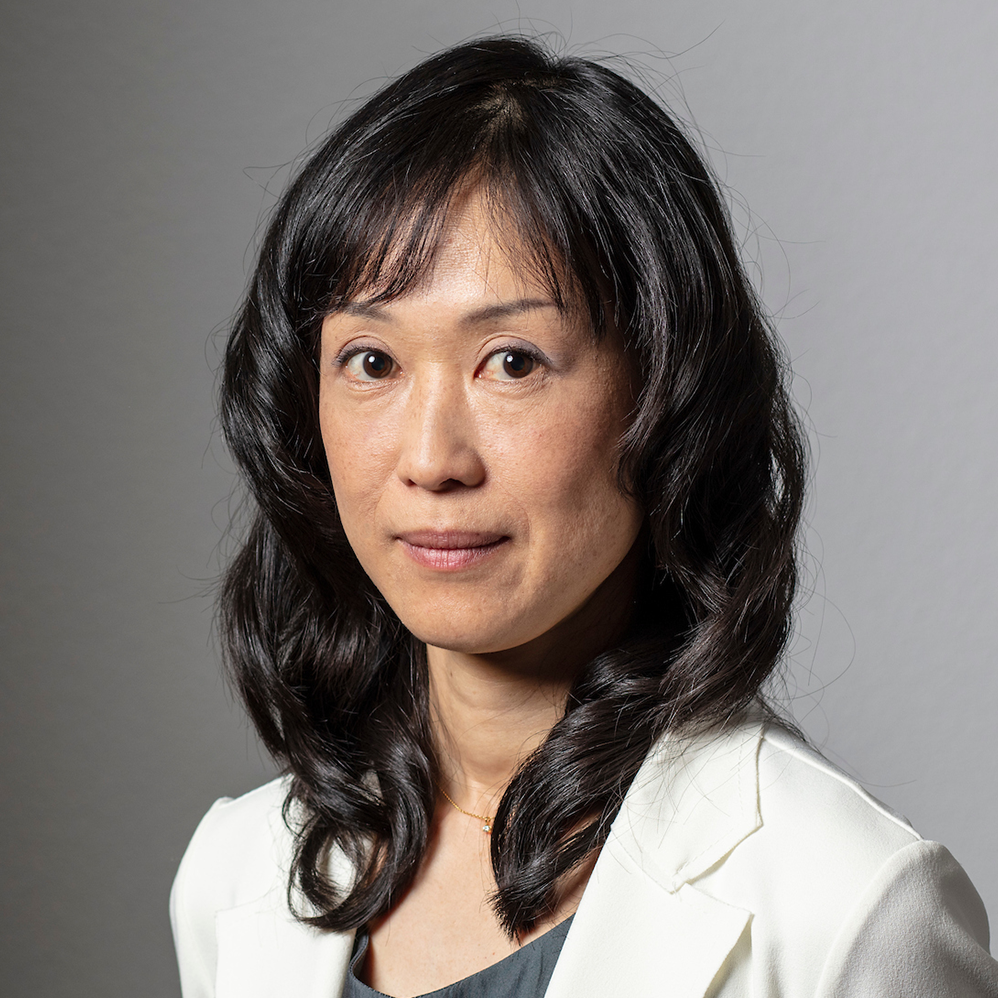





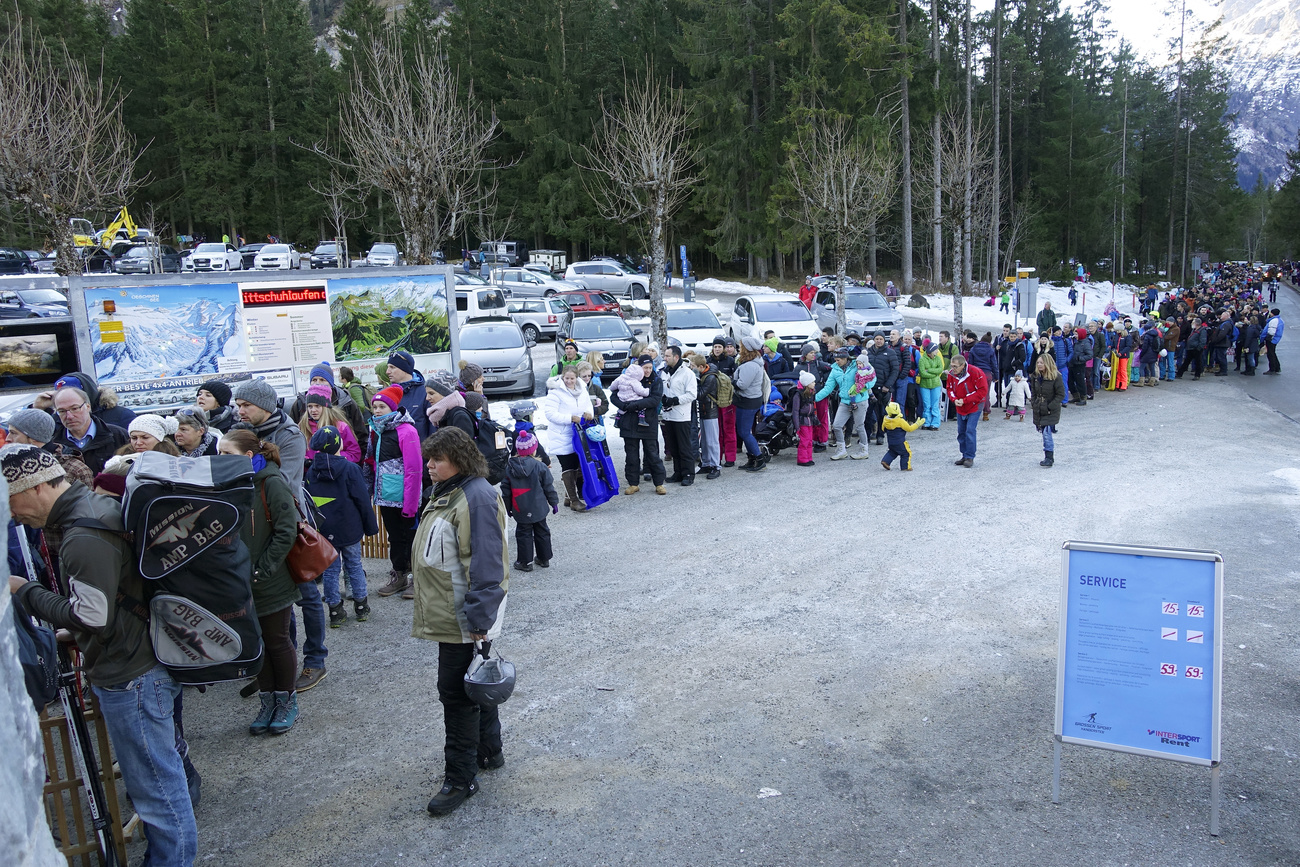


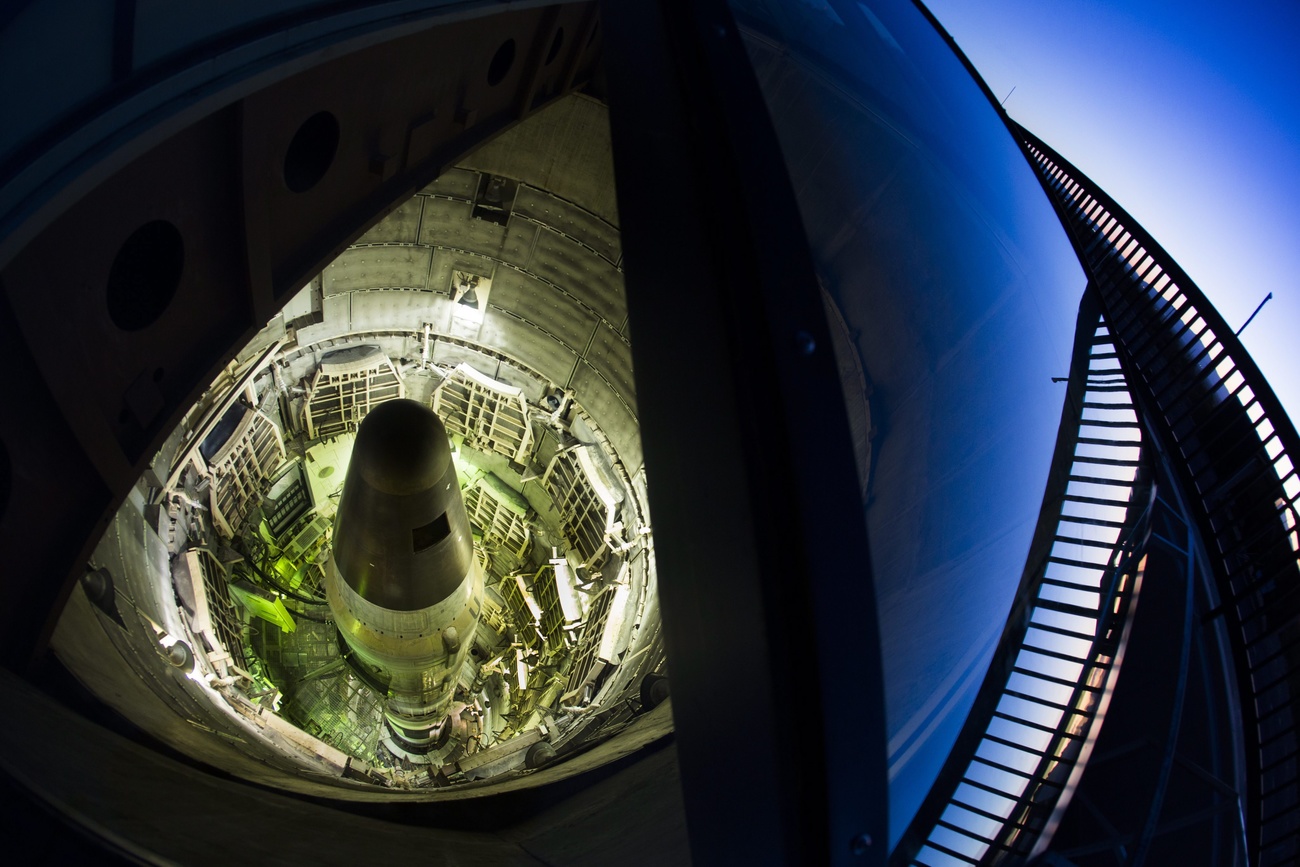

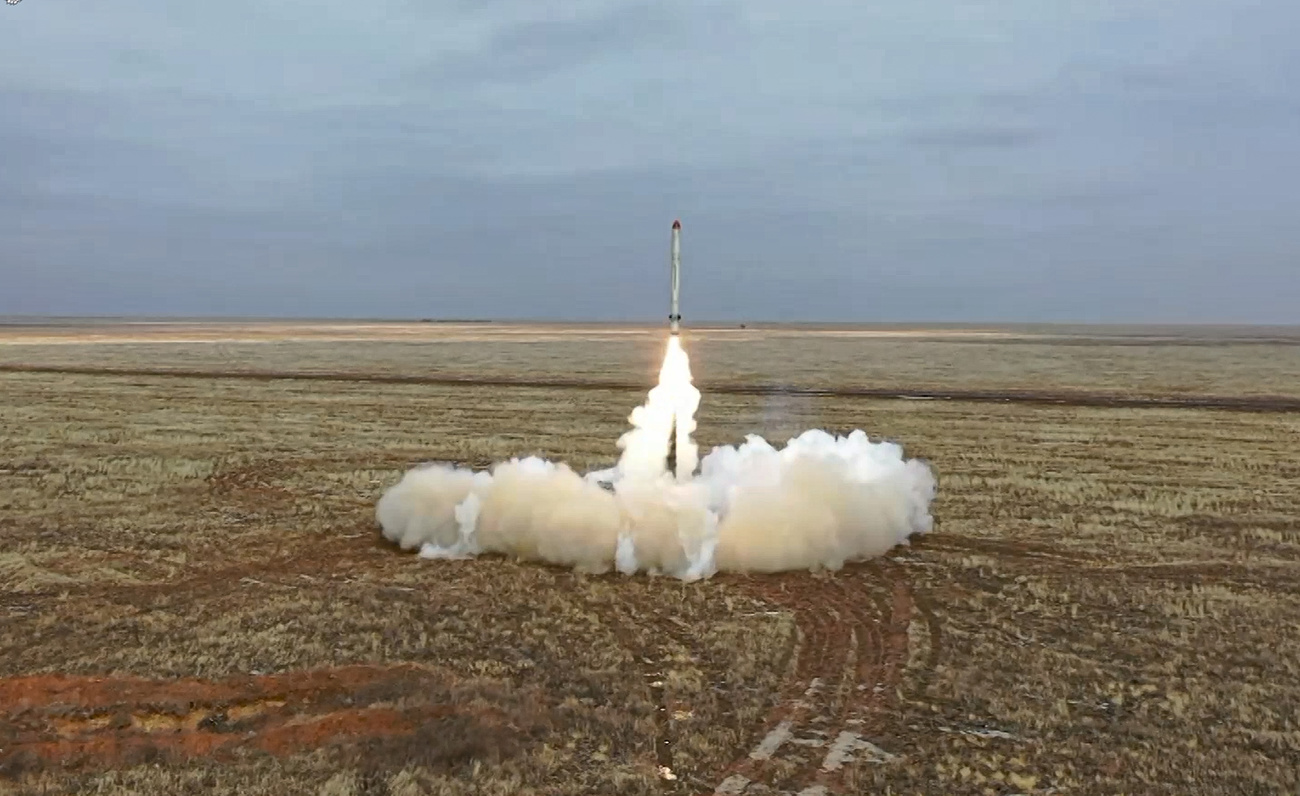
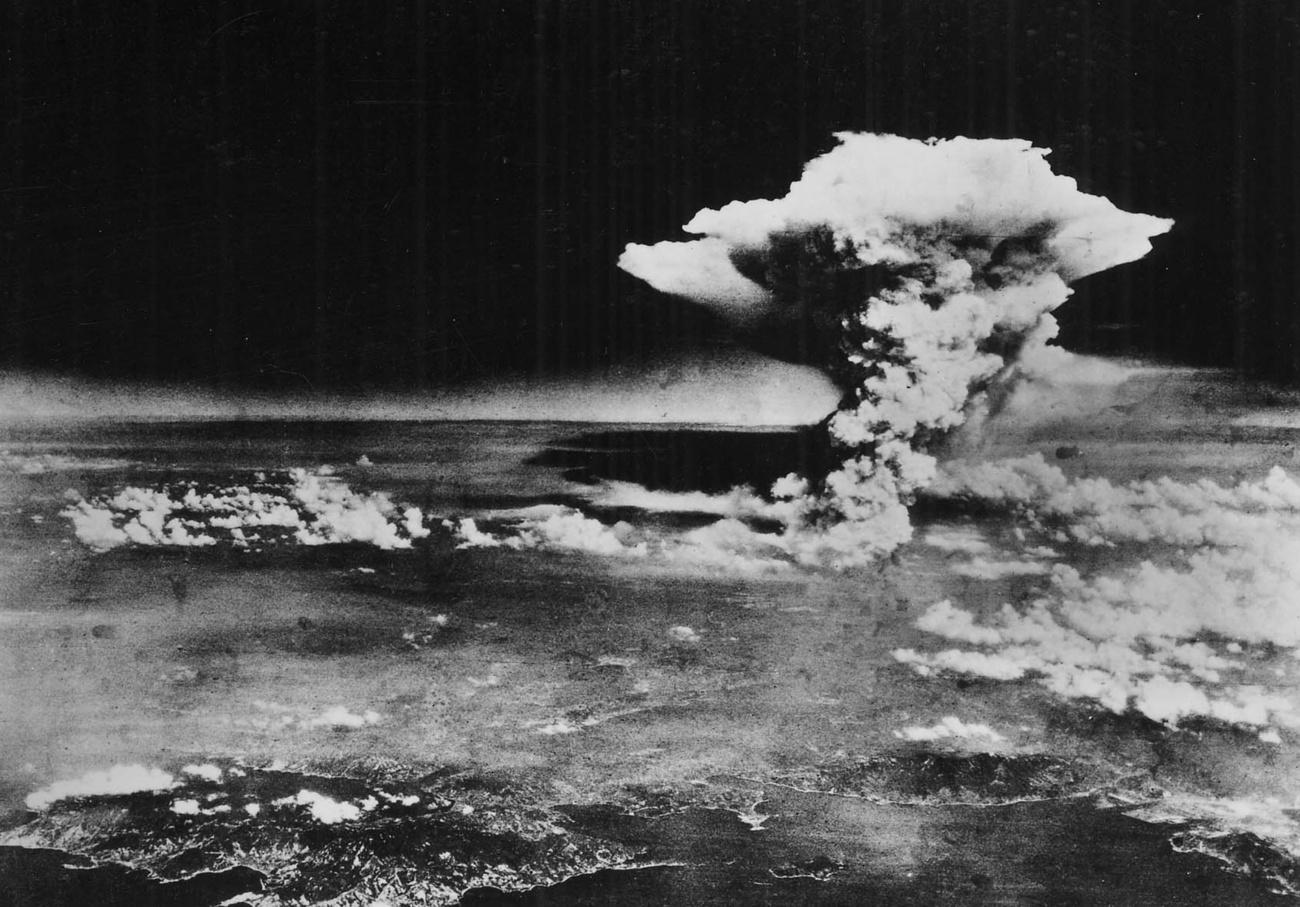
You can find an overview of ongoing debates with our journalists here . Please join us!
If you want to start a conversation about a topic raised in this article or want to report factual errors, email us at english@swissinfo.ch.